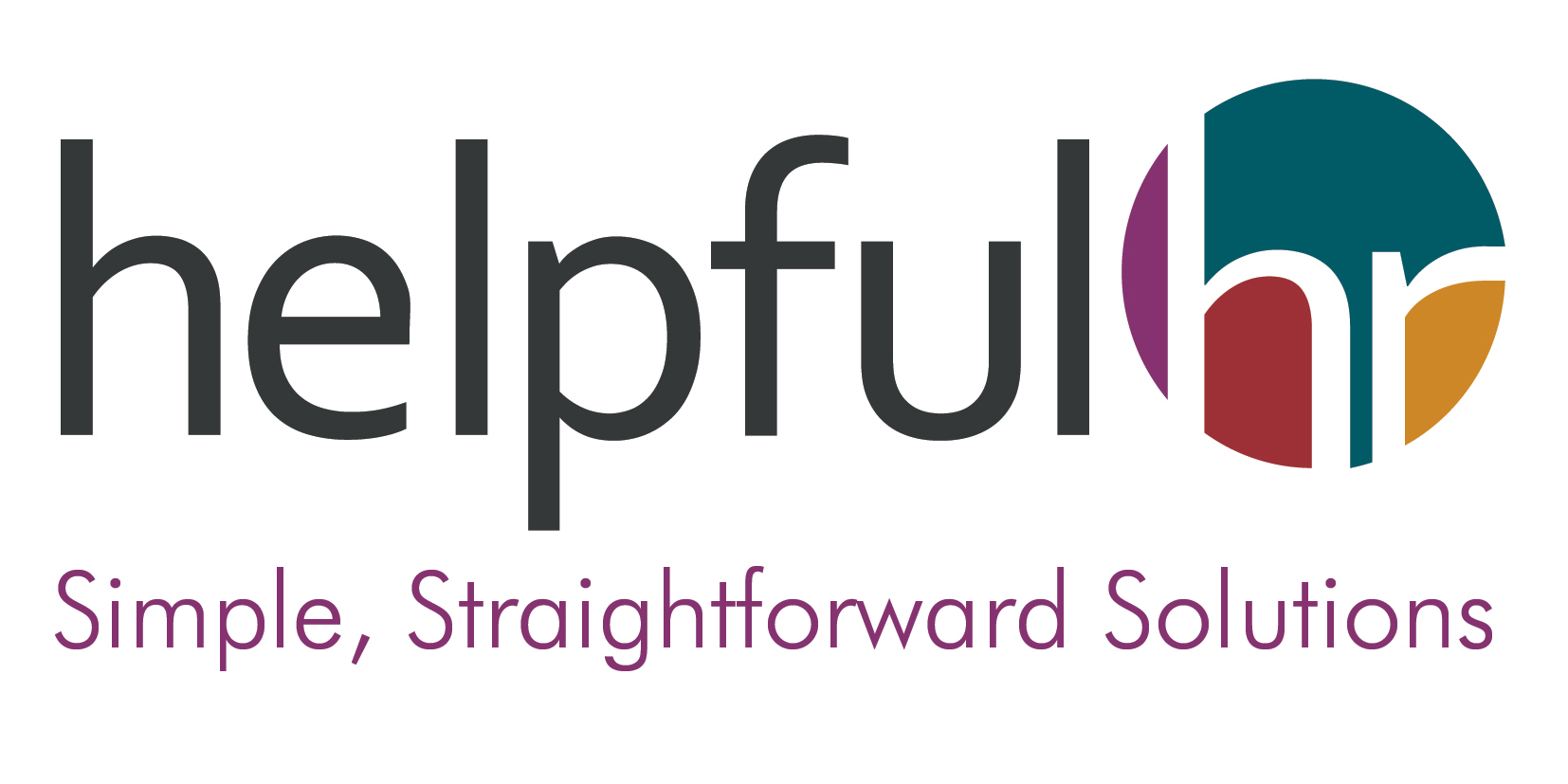Using Artificial Intelligence ethically in people management
As Artificial Intelligence (AI) becomes increasingly embedded in workplace operations, UK employers are exploring how they can apply the principles of ethical AI in people management practices. When used responsibly, AI can support ethical, fair, and efficient HR processes. However, organisations must ensure compliance with UK laws such as the Equality Act 2010, UK GDPR, and Human Rights Act 1998, which govern privacy, anti-discrimination, and employee rights.
This blog explores how ethical AI in people management can benefit UK employers while ensuring minimal risk of discrimination or privacy breaches.
The Importance of Ethical AI in HR
To fully realise the benefits of AI in HR practices, organisations must implement it ethically. Key considerations include:
- Transparency: Clearly inform employees when AI tools are used.
- Fairness: Regularly audit algorithms for bias.
- Privacy: Follow UK GDPR by securing employee data and gaining consent where needed.
- Human Oversight: Ensure AI enhances—not replaces—human decision-making.
Top 5 Ways AI Can Support Ethical People Management in the UK
AI in Recruitment and Selection
Using AI in recruitment can promote fairer hiring by anonymising CVs, reducing unconscious bias, and shortlisting candidates based on skills rather than background. To remain ethical, employers must routinely check algorithms to ensure they do not reinforce existing inequalities or exclude minority candidates.
AI and Employee Wellbeing
AI tools can analyse employee feedback, emails, or engagement surveys to monitor mental health and workplace satisfaction. AI for employee wellbeing helps managers respond proactively. However, this must be done with transparency, anonymisation, and clear consent to protect privacy rights.
Performance Management with AI
AI can help assess performance trends based on objective data such as project delivery, deadlines, and KPIs. Used ethically, AI in performance management helps identify development needs and reduce bias. But organisations must avoid invasive monitoring and ensure people remain involved in final decisions.
AI in Learning and Development
Personalised training through AI enables employees to upskill in line with business goals. AI-powered learning platforms suggest tailored development plans based on job roles, performance, and aspirations. To maintain fairness, employers must provide equal access and avoid profiling that could limit future opportunities.
Predictive Analytics for Workforce Planning
AI-driven workforce planning tools use data to predict staffing needs, identify potential retention risks, and forecast future skills gaps. When handled ethically and in line with UK data laws, this enables better decision-making without compromising employee privacy.
Ethical AI is the Future of HR in the UK
AI offers powerful opportunities to enhance people management in the UK, but its use must always be ethical and legally compliant. By focusing on transparency, fairness, and employee rights, organisations can adopt AI in HR practices that improve both business outcomes and workplace culture.
When used responsibly, AI supports managers, promotes inclusion, and enables smarter, fairer decisions—making it a valuable tool for modern, ethical leadership. If you’d like to read a previous blog about the evolution of AI, you can read that here.



